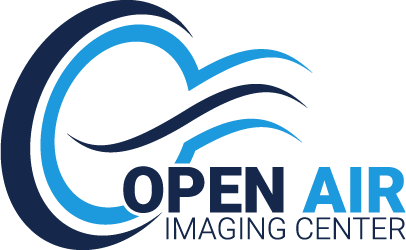CTA (Computed Tomography Angiography)
What is a computed tomography angiography (CTA)?
Angiography is the X-ray imaging of blood vessels using contrast agents injected into the bloodstream.
Liquid contrast agents, sometimes called contrast medium, are injected into a vein (usually in the arm). Contrast agents increase the density of the blood in the vessels, and allow the inside and outside structure of blood vessels to be clearly visible on the CT angiogram images.
Medication to reduce blood flow and slow down the heart rate might also be given to make the images even clearer and easier to interpret. This will either be given in tablet form or into a vein through a cannula (a thin plastic tube) inserted in the arm.
How do I prepare for a CTA?
CT images are clearer if your heart rate is low, and you might be given medications before the test to slow down your heart rate. It is advisable that you do not have any tea (including herbal teas), coffee, cola or other stimulants before the procedure as these contain caffeine, which can raise your heart rate.
It is not necessary to go without food or drink before the procedure, but a full stomach is not advisable, as this together with the contrast agent might make you feel nauseated. However, each radiology facility will ask you to follow their own requirements regarding any fasting before the test.
It is important that you advise the radiology facility staff when you make the appointment if you have asthma, diabetes, any kidney problems, irregular heart rhythm or have in the past had an allergy to contrast agents used in a radiology procedure or a strong history of allergy to other things (like foods, pollens or dust). If you have any of these conditions, it might not be possible to have this test.
How long does a CTA take?
The whole procedure, including the preparation, scanning and recovery, can take up to 1–3 hours, particularly if you have been given beta-blockers. The actual CT scanning will take approximately 20 minutes.
